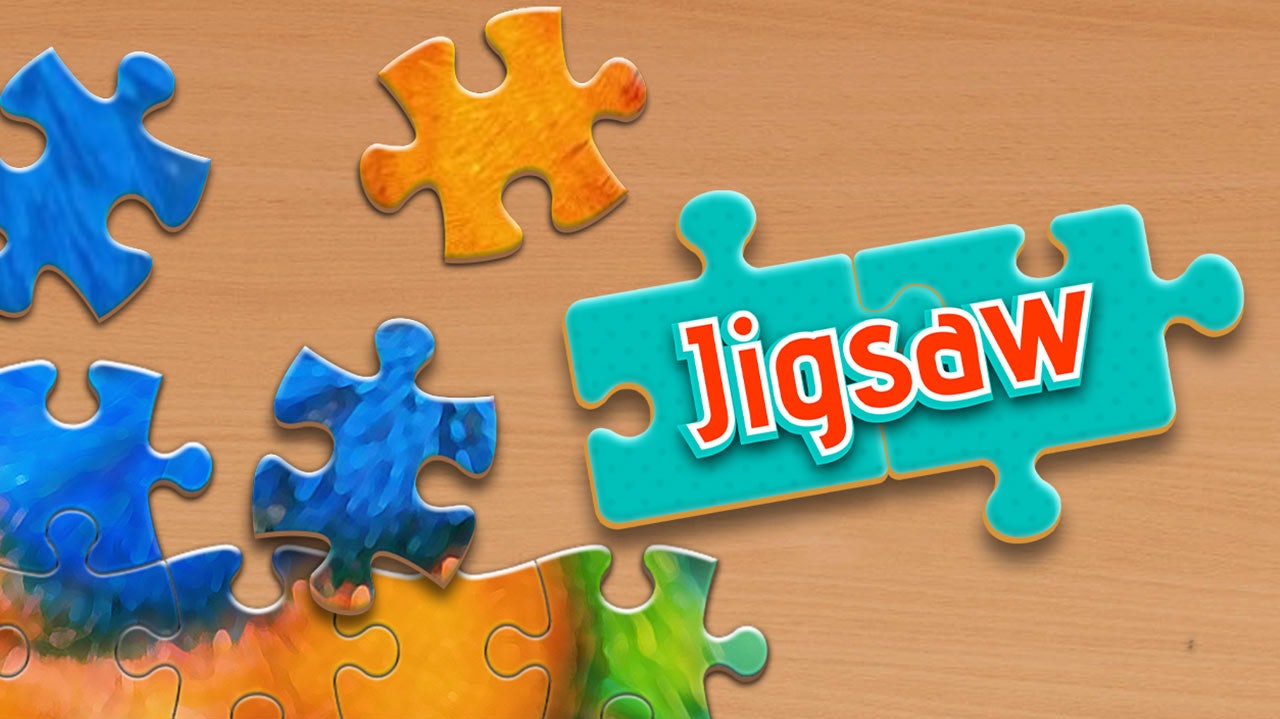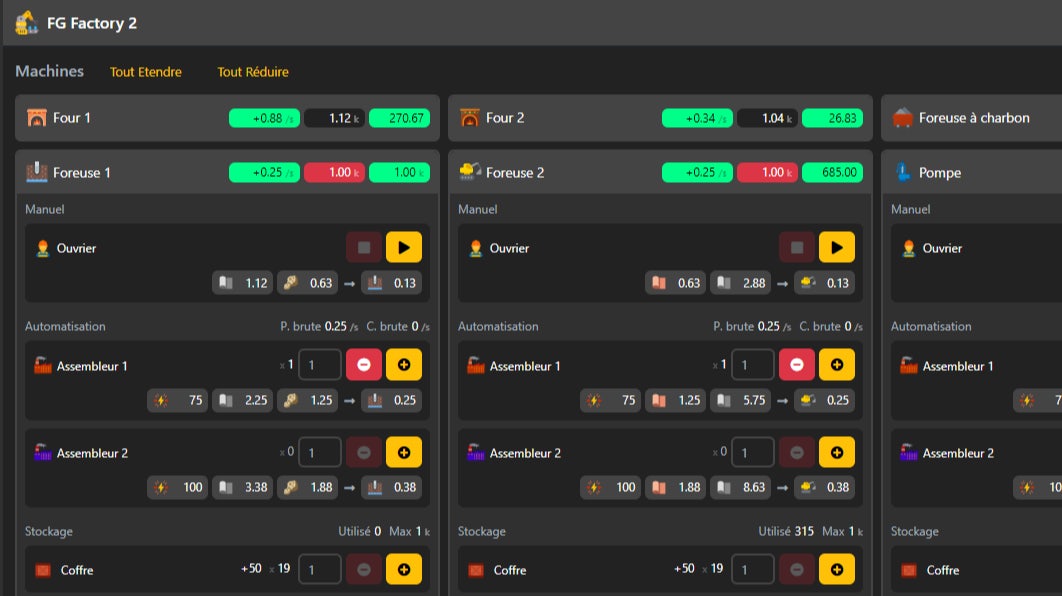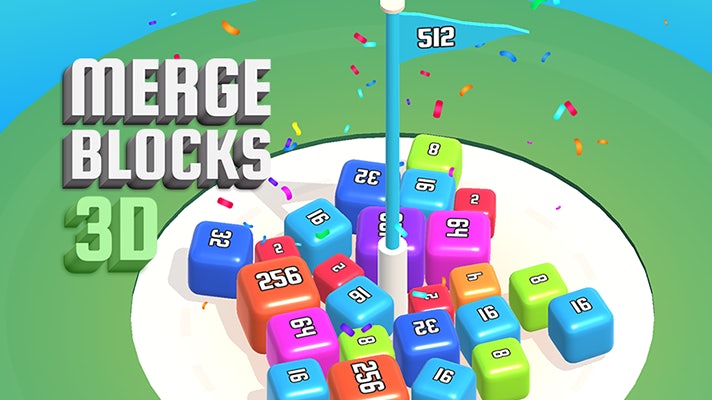 Diebrary
DiebraryDiebrary is an intense survival combat game.
You fight enemies in a fast-paced arena.
Navigate the roguelike environment to escape.
Use reflexes and intelligence to overcome challenges.
Choose upgrades and power-ups wisely for survival.
Vote for new twists to add excitement.
Can you conquer the odds and win?
Prepare for an adrenaline-fueled battle.
1. Choose a topic or niche that you are passionate about and have expertise in.
2. Conduct thorough research on your chosen topic to gather relevant and up-to-date information.
3. Organize your content in a logical and structured manner, ensuring a clear flow of ideas and information.
4. Use keywords throughout your content that are relevant to your topic and are commonly searched by users.
5. Write in a concise and clear style, using simple language and avoiding jargon or technical terms that may alienate your readers.
6. Incorporate multimedia elements such as images, videos, or infographics to enhance the visual appeal and engagement of your content.
7. Optimize your content for search engines by including relevant keywords in your title, headings, and meta descriptions.
8. Promote your content on social media platforms and other online channels to attract more visitors to your website or blog.
9. Monitor your content's performance and engagement metrics to identify areas for improvement and make necessary adjustments to your content strategy.
10. Stay updated with the latest trends and developments in your chosen topic to ensure your content remains relevant and engaging to your audience.
1. Comprehensive Diebrary Database: Hosts a vast collection of dice-based games, increasing user engagement and search engine visibility.
2. User-Friendly Interface: Intuitive navigation and clear design enhance user experience, encouraging exploration and longer dwell time on the site.
3. Detailed Game Descriptions: Provides in-depth information about each game, including rules, gameplay, and player reviews, fostering user trust and increasing site authority.
4. High-Quality Game Reviews: Features expert and user-generated reviews, offering valuable insights and recommendations to potential players, boosting user engagement.
5. Active Community: Encourages discussions, ratings, and comments on games, fostering a sense of community and boosting user-generated content, which signals relevance to search engines.
6. Dice-Themed Content: Incorporates dice-related quizzes, trivia, and articles, expanding the site's topic coverage and appealing to a broader audience, increasing organic traffic.
7. Regular Updates: Continuously adds new games and updates existing content, keeping users engaged, improving site freshness, and demonstrating relevance to search engines.
8. Fast Loading Speed: Optimizes site performance for quick loading, reducing bounce rates and improving user experience, which are factors considered by search algorithms.
9. Mobile Responsiveness: Ensures seamless experience across devices, accommodating the growing mobile audience, reducing bounce rates, and improving user engagement.
10. Social Media Integration: Allows users to share their favorite games and content on social media platforms, extending the site's reach and increasing brand awareness.
1. Optimize Page Titles: Keep titles concise, informative, and relevant to the page's content. Include target keywords naturally.
2. Utilize Keywords: Research and incorporate relevant keywords throughout your content, including in titles, headings, and body text.
3. Quality Content Creation: Prioritize creating high-quality, valuable, and engaging content that caters to your audience's interests and provides solutions to their queries.
4. Improve Page Load Speed: Ensure your web pages load quickly, as site speed is a ranking factor. Optimize images, minify code and consider caching mechanisms.
5. Structure Content with Headings: Use clear and descriptive headings (H1, H2, etc.) to organize your content, making it easily scannable and improving its structure for search engines.
6. Optimize Images: Include relevant, high-quality images and optimize them for search engines by using descriptive file names, alt tags, and appropriate image sizes.
7. Internal Linking: Interlink relevant pages on your website to establish a strong internal linking structure. This helps distribute link equity and guides search engines through your site.
8. External Linking: Link out to reputable and authoritative external sources when appropriate. These outbound links demonstrate your content's credibility and can positively impact your search engine rankings.
9. Mobile-Friendly Design: Ensure your website is mobile-friendly and responsive, catering to the growing number of mobile users. Google prioritizes mobile-friendly websites in its search results.
10. Secure Website: Implement SSL (Secure Sockets Layer) to establish a secure connection between your website and users' browsers. Google favors HTTPS websites, which indicate a safe browsing experience.
11. User Experience: Focus on enhancing user experience by providing a seamless and intuitive navigation structure, clear calls to action, and an overall enjoyable interaction with your website.
12. Social Media Engagement: Engage with your audience on social media platforms, share valuable content, and encourage interaction. Social signals can positively influence search engine rankings.
13. Monitor Analytics: Utilize analytics tools like Google Search Console and Google Analytics to track website traffic, identify top-performing pages, and analyze user behavior. This data can guide your SEO strategy.
14. Ongoing Content Updates: Regularly update your website with fresh, relevant content to keep it engaging and informative for visitors. Regularly updating your website signals to search engines that your site is active and dynamic.
15. Citations and Backlinks: Actively seek and acquire high-quality backlinks from reputable websites in your industry. Building a strong backlink profile can significantly improve your search rankings.
16. Local SEO Optimization: If you have a local business, optimize your website for local search by including relevant local keywords, creating a Google My Business profile, and managing online reviews.









